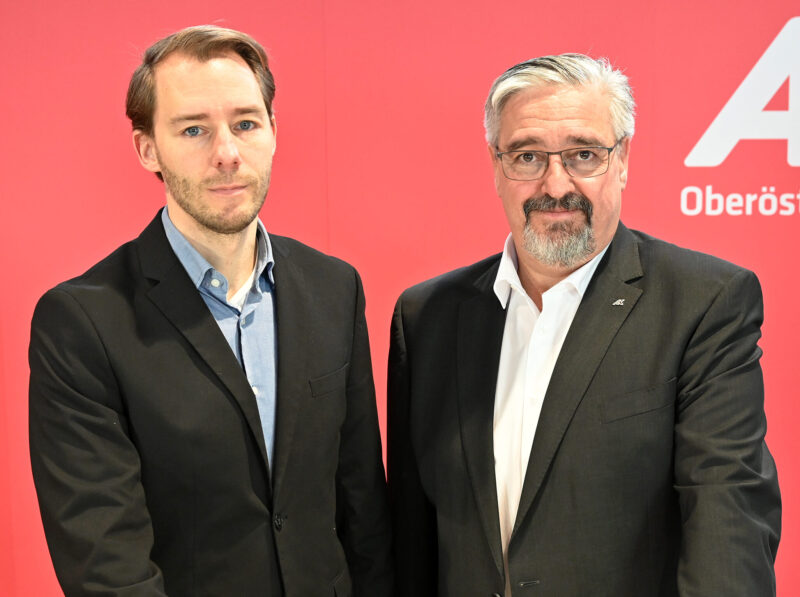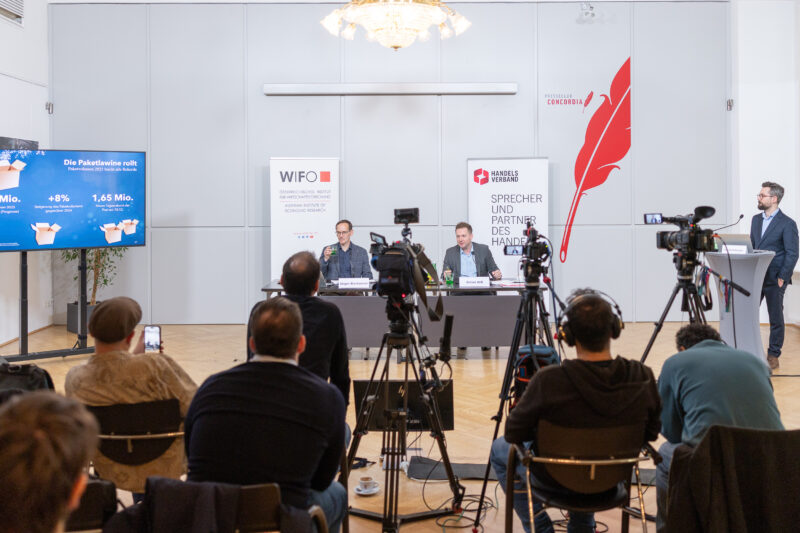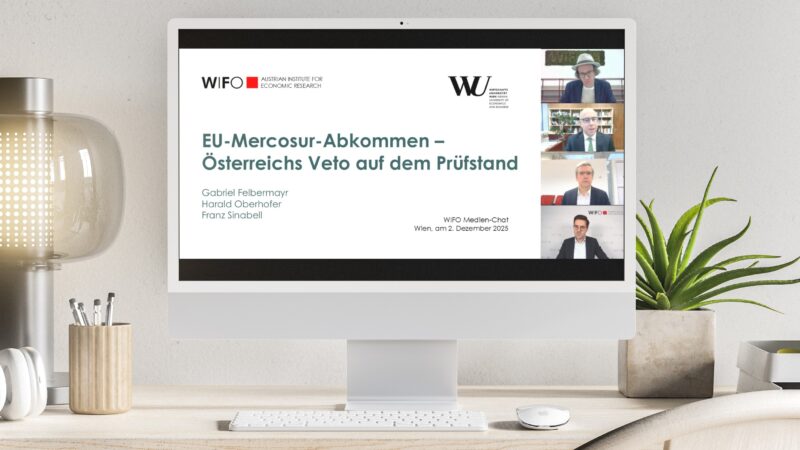
Employment Effects of Digitisation
The labour-saving element associated with the use of digital technologies contrasted by positive demand effects through a reduction in production costs and the creation of numerous new products and markets. Due to the complexity of these partly contradictory effects, theoretical predictions of the net effects of the use of digital technologies on employment are hardly possible ex ante. A structured survey of the international literature shows predominantly positive effects so far. Also for Austria, the empirical analyses carried out in the the study provide predominantly positive findings.
Since 2010, in all Austrian federal states employment in highly digitised industries has grown faster than total employment. In total, urban regions exhibit locational advantages over other regions for highly digitised industries – with considerable heterogeneity between different indicators on the degree of digitisation – which have hardly decreased in recent years. The net effects of a higher degree of digitisation of the local economy on total local employment are also mainly positive. In particular regions outside agglomerations as well as the federal states with higher shares of manufacturing should benefit from a highly digitised local economy – with adequate human capital endowments as a prerequisite.
Improvements in broadband infrastructure (download speed) also have positive effects on employment. This applies in particular to low-population communities and communities with initially low bandwidths, as well as to employment in knowledge-intensive services. In contrast, broadband quality seems to play a negligible role for municipalities' population developments, despite the associated improved opportunities for teleworking.























